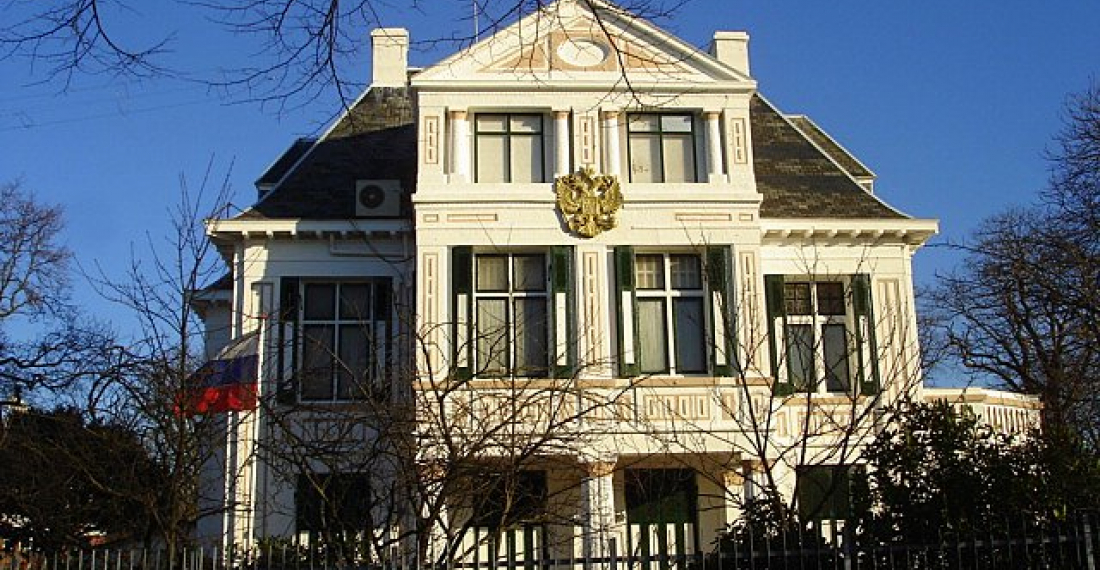This week the General Intelligence and Security Service of the Netherlands (the AIVD) has uncovered an espionage operation being conducted from the Russian embassy in The Hague. The operation concerns two intelligence officers of the Russian civil intelligence service (SVR), posing as Russian diplomats, who had built a substantial network of sources in order to obtain sensitive information on the Dutch high-tech sector.
The AIVD states that one of the individuals in question had built up the network and had, in some cases, paid people in exchange for information. The second individual performed a supporting role. According to the AIVD, they were interested in information on technologies that have both civilian military applications, such as artificial intelligence, semiconductors and nanotechnology, among other things.
The two individuals have been declared persona non grata by the Dutch Ministry of Foreign Affairs removing their diplomatic status and requiring them to leave the country. According to Tass, the Russian embassy claims that they have been presented with no evidence of illegal activity by the Dutch authorities. It also said that retaliatory measures will follow, which is likely to mean the expulsion of two Dutch diplomats from Russia.
In a letter to the Dutch Parliamant, Second Deputy Prime Minister of the Netherlands, Kajsa Ollongren, wrote:
"This case shows once again that the state threats to the Netherlands are real."






